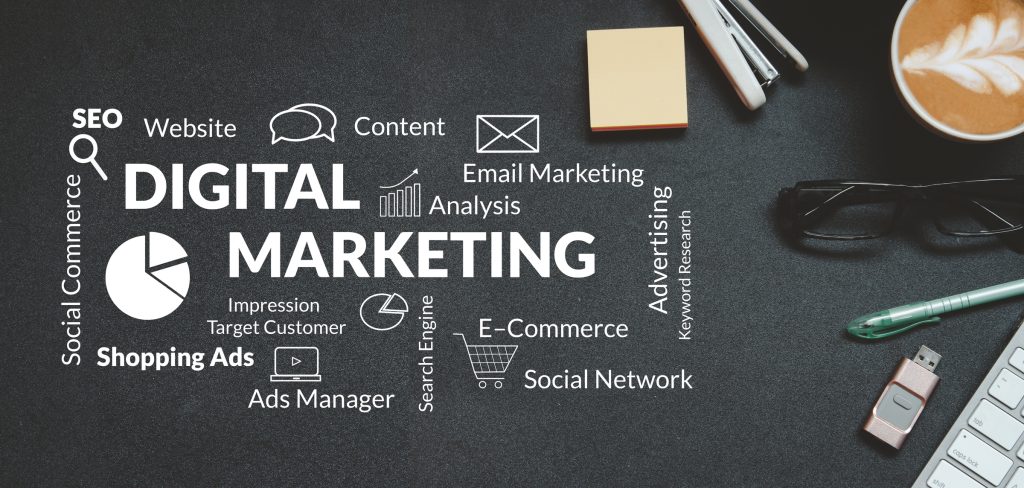Electronic commerce, or ecommerce, has revolutionized the way people shop. In recent years, ecommerce has become increasingly popular, and many consumers now prefer to shop online rather than visiting physical stores. The rise of ecommerce has been fueled by technological advances, including faster internet speeds, mobile devices, and secure payment gateways. In this article, we will explore what ecommerce is, its benefits, and the future of ecommerce.
What is ecommerce?
Ecommerce refers to the buying and selling of goods or services over the internet. It includes online marketplaces, online stores, and online auctions. Ecommerce has become an essential part of modern life, with millions of people shopping online every day. Ecommerce offers many benefits to consumers, including convenience, a wider range of products, and often lower prices.
Benefits of ecommerce
- Convenience: Ecommerce allows consumers to shop from the comfort of their own homes, at any time of the day or night. This means that consumers can avoid the crowds, queues, and traffic associated with physical stores.
- A wider range of products: Ecommerce offers consumers access to a wider range of products than they could find in physical stores. This is because online stores do not have the same space limitations as physical stores, and can therefore stock a wider range of products.
- Lower prices: Online stores often offer lower prices than physical stores. This is because online stores have lower overhead costs, such as rent and utilities, and can pass these savings onto consumers.
- Easy comparison: Ecommerce allows consumers to easily compare prices and products from multiple stores. This means that consumers can quickly find the best deals and the products that best suit their needs.
The future of ecommerce
Ecommerce is already a massive industry, with global ecommerce sales expected to reach $6.5 trillion by 2023. However, ecommerce is still in its infancy, and there are many opportunities for growth and innovation in the future. Here are some of the trends that are likely to shape the future of ecommerce:
- Mobile commerce: Mobile devices are becoming increasingly important for ecommerce. In fact, over half of all ecommerce sales are now made on mobile devices. This trend is likely to continue, with mobile commerce becoming an increasingly important part of ecommerce.
- Artificial intelligence and machine learning: Artificial intelligence and machine learning can help ecommerce businesses to personalize their offerings and provide a better shopping experience for their customers. This could include personalized recommendations, chatbots, and voice assistants.
- Virtual and augmented reality: Virtual and augmented reality could transform the way that consumers shop online. Virtual reality could allow consumers to “try on” clothes or “test drive” products before making a purchase, while augmented reality could provide more information about products and enhance the shopping experience.
- Same-day delivery: Same-day delivery is becoming increasingly popular, with many retailers now offering this service. As technology improves, same-day delivery is likely to become even more widespread, with more retailers offering this service to their customers.
Conclusion
Ecommerce has already changed the way that we shop, and its impact is only set to grow in the future. Ecommerce offers many benefits to consumers, including convenience, a wider range of products, and often lower prices. The future of ecommerce is likely to be shaped by trends such as mobile commerce, artificial intelligence and machine learning, virtual and augmented reality, and same-day delivery. As these trends develop, ecommerce is likely to become an even more important part of our lives, and an essential part of modern commerce.








